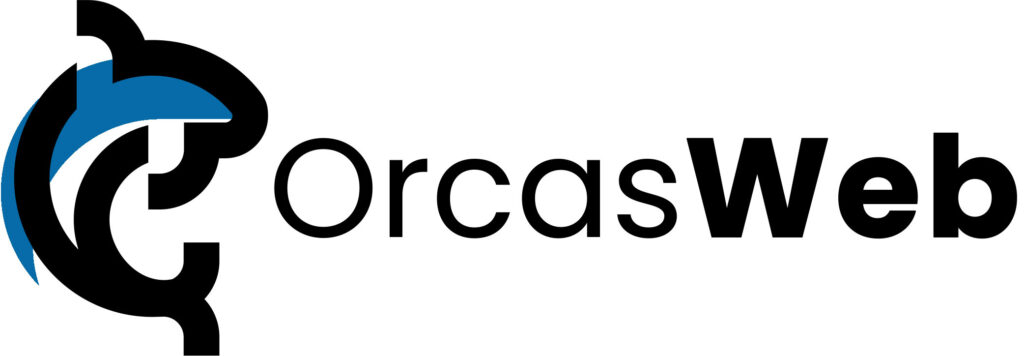All websites are a collection of data that is accessed by your computer through the internet. Like any program or file, website data needs a place to be stored and updated, and the computers that store and manage that data are called servers. Companies and individuals that provide those servers are known as hosts, or hosting providers; technical experts can also set up and manage their own servers independent of any business.
WHAT IS HOSTING?
The internet itself is, in its most basic definition, nothing more than data, and its presence in the physical world is composed of the innumerable hosting servers that exist across the earth. When a person or business acquires the use of a server, they have acquired a hosting service. Hosting providers supply their customers with access to their server’s space and software, allowing those customers to build and manage websites and other web content through that server. Web content usually takes the form of websites or email accounts, but can essentially include any data that is available through the internet to other devices not directly networked with the server. In business terms, hosting is the relationship between the customer and the company that owns and maintains the servers.
How is hosting different from domains?
A domain is a registered tag that serves as a link that computers can follow to access online data. The typical process of creating websites starts with purchasing a domain that the website will be registered under. Hosting is supplying data to the internet through the hosting server, while a domain allows internet browsers to access that data through a domain registrar. Once a domain is registered, the buyer can acquire access to a hosting server where their website data will be stored. Both are required to supply online content and it is not uncommon for domain registrars to also provide web hosting as an additional service.
Does hosting require any additional services?
Numerous elements can have a big effect on the performance and adaptability of your website, and hosting providers often offer a range of plans with features and add-ons that deal with these elements. The amount of server data available for your use often ranges in the Gigabit to Terabit range and determines how much data, such as images and files, you can use to build and manage your website. Bandwidth is also an overlooked but important part of hosting as it determines how rapidly you can apply changes to your website and how quickly your content loads for users. The list goes on; security features like integrated firewalls and DNS functions like dedicated IP addresses are just a couple of the many aspects of hosting that each has a small but important impact on the performance and accessibility of your website.
Do I need to get involved in hosting?
The number of online service and product suppliers is growing every year, and it’s always possible to hire out everything from finding a suitable domain for constructing and maintaining a website. So well-financed individuals and business can utilize third parties for the entire web design process. However, as stated above utilizing third parties is a good way to lose control of your investment. If you want to maintain control of your website and domain, including when and how often it’s monitored, updated, or changed, it is a much better decision to educate yourself on hosting and take full control of the acquisition and maintenance processes of your website.
Competitive pricing plays a big role in determining the price range of hosting plans that most providers offer. Consumers have numerous hosting services to choose from and leveraging market competition is a good way to ensure that you get the best combination of service and pricing for your hosting needs. Some host providers offer additional perks like FTP Access and unlimited data storage, which can lead to higher costs but make designing and maintaining websites much easier, safer, and more efficient.

